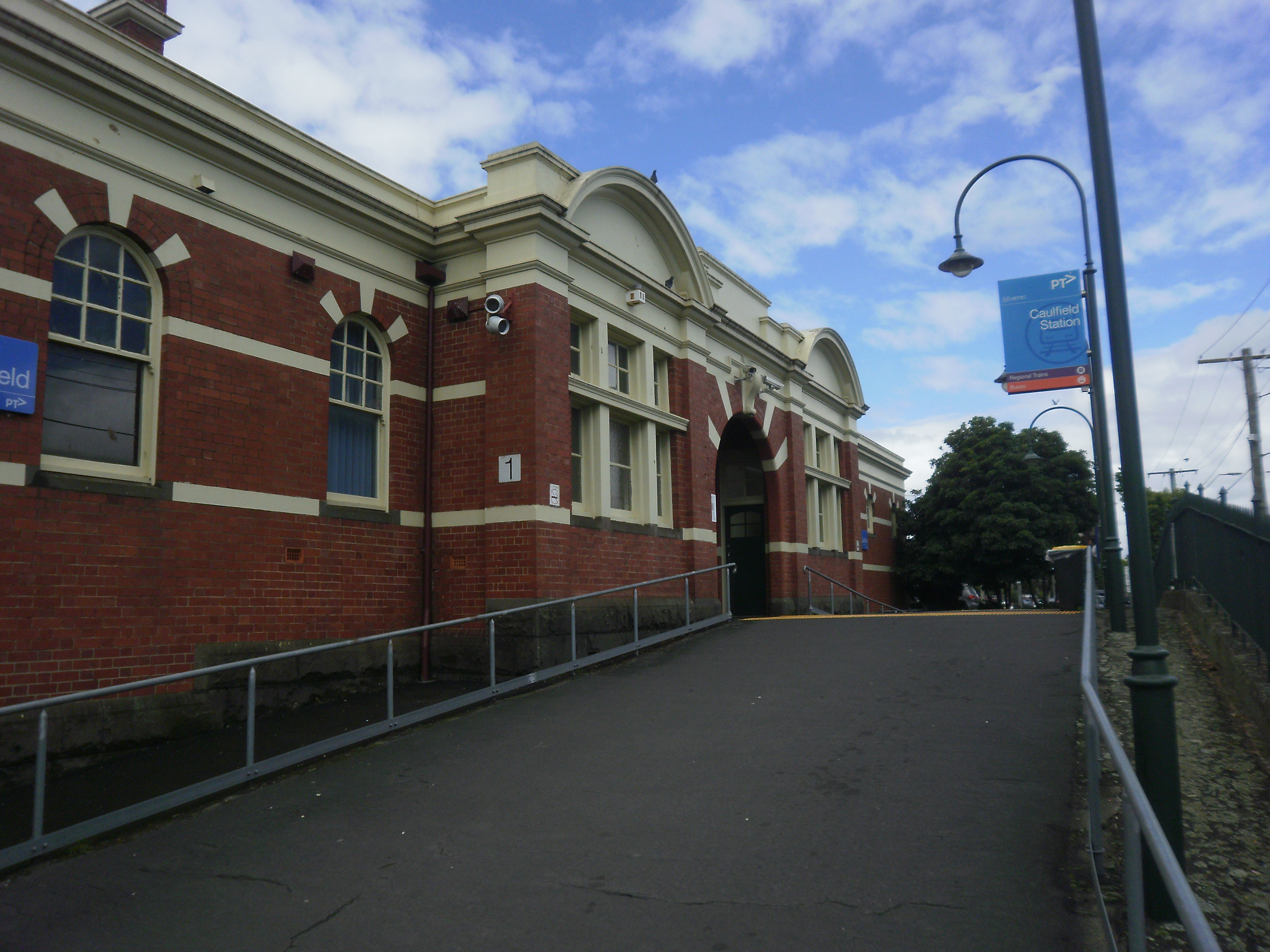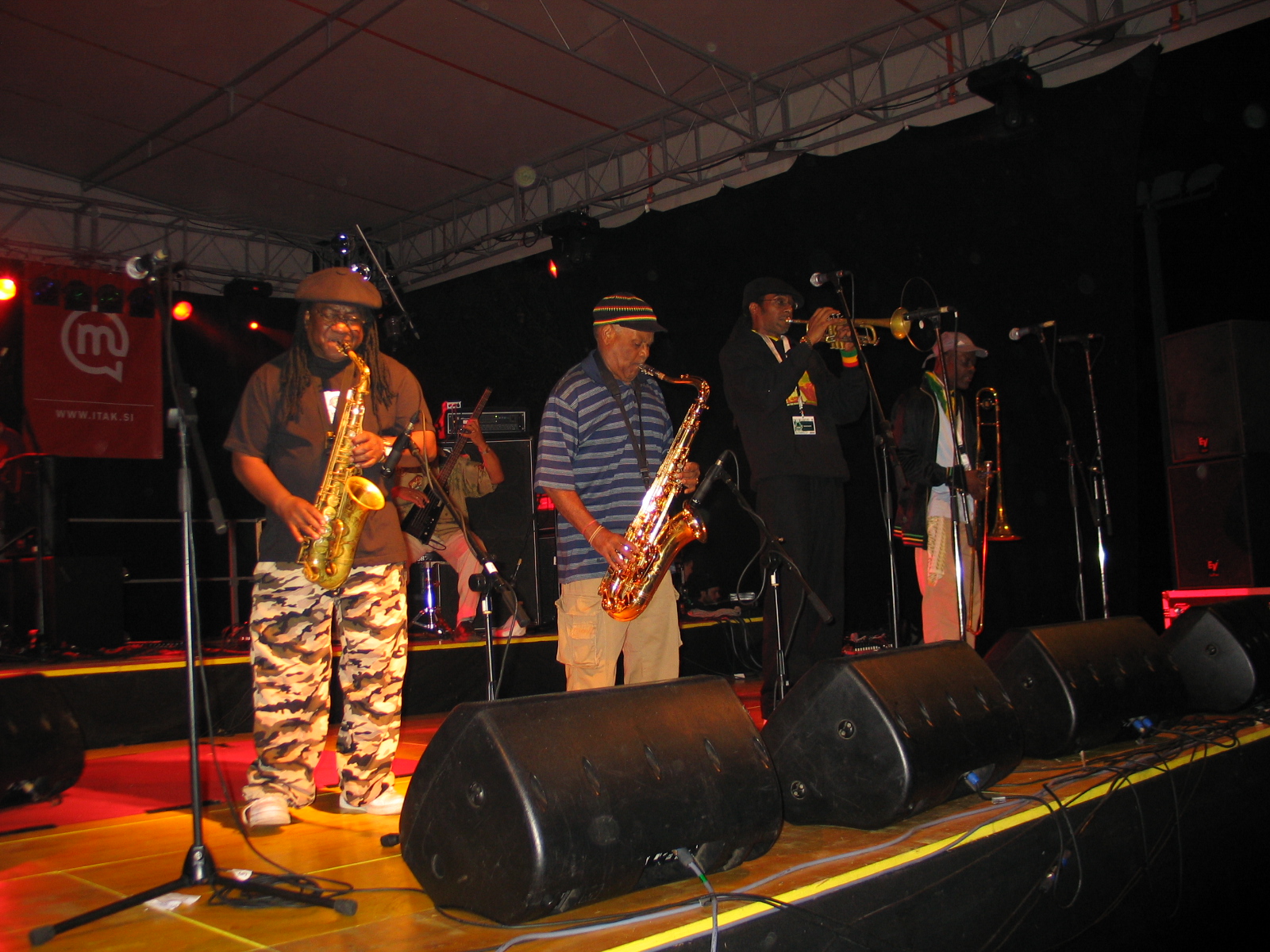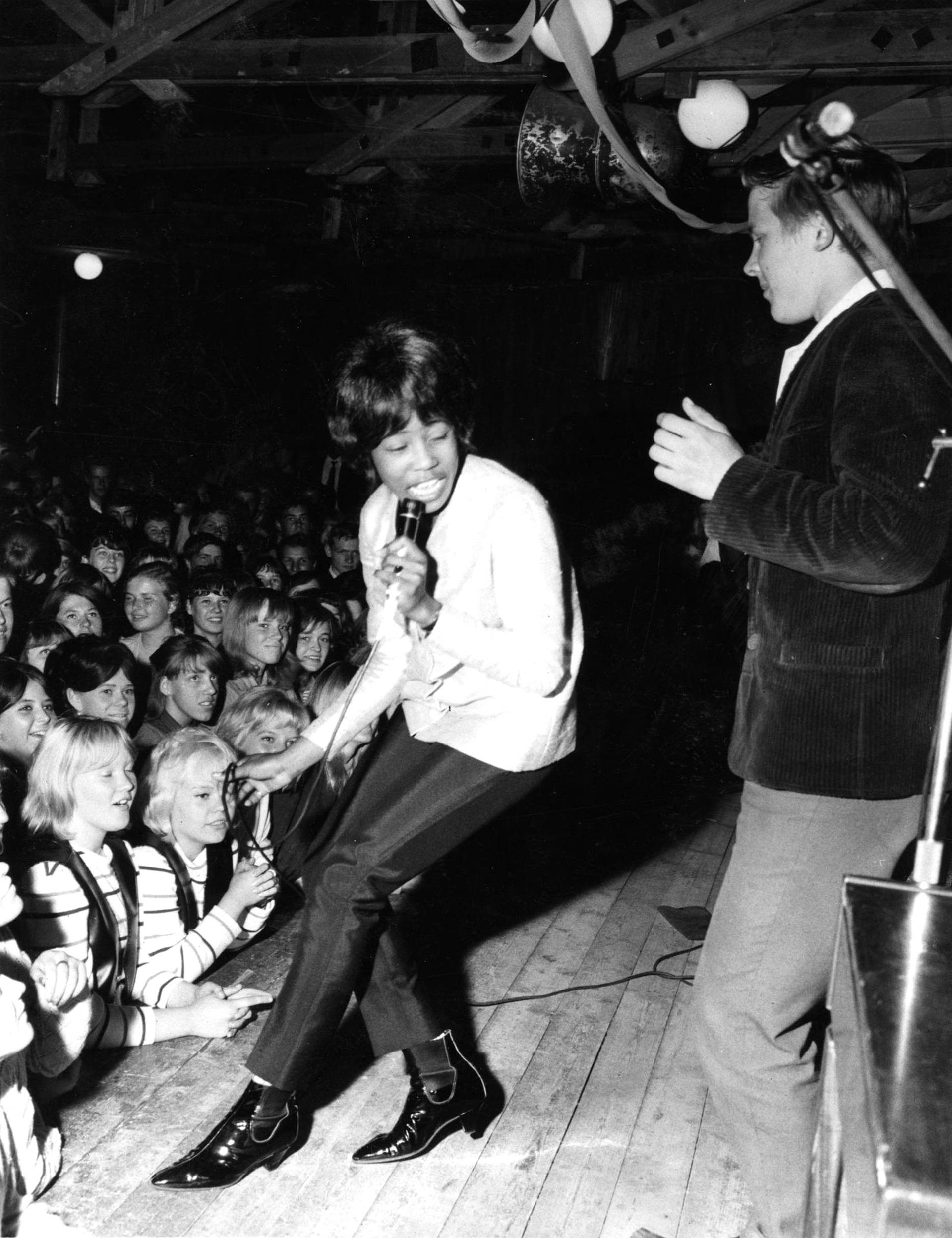|
Graeme Goodall
Graeme Goodall Vanderbilt (1932 – 3 December 2014) was an Australian recording engineer and record label owner who was a key figure in the early days of Jamaica's recording industry, constructing several of the Island's studios, co-founding Island Records, and operating other labels in the United Kingdom releasing Jamaican music. Career Born in 1932,Veal, Michael (2007) ''Dub: Soundscapes and Shattered Songs in Jamaican Reggae'', Wesleyan University Press, , p. 49 Graeme Goodall grew up in Caulfield, Victoria, and studied at Caulfield North Central School and Scotch College.Dwyer, Michael (2014)Music world mourns Australian ska pioneer and Island Records co-founder Graeme Goodall, ''Sydney Morning Herald''. Retrieved 13 December 2014 (article labelled 15 December 2014) In the early 1950s he worked at Melbourne radio station 3UZ briefly before studying television in London and training as an engineer with the International Broadcasting Company.Meschino, Patricia (2014)Island R ... [...More Info...] [...Related Items...] OR: [Wikipedia] [Google] [Baidu] |
Caulfield, Victoria
Caulfield is a suburb in Melbourne, Victoria, Australia, south-east of Melbourne's Central Business District, located within the City of Glen Eira local government area. Caulfield recorded a population of 5,748 at the 2021 census. It is bounded by Kooyong Road in the west, Glen Eira Road in the north, Glen Huntly Road in the south and Booran Road in the east. Caulfield is best known as the location of Caulfield Racecourse and the Caulfield campus of Monash University. History Toponymy The origin of the name of Caulfield is not known for certain, but the name seemed to be linked with Baron Caulfield of Ireland, perhaps through John Caulfield, a pioneer of the colony. The name Caulfield was in use by 1853, and the early maps always place it somewhere around the racecourse. Pre-European history The local Yalukit people were coastal and dependent on seafoods, so few Aboriginal relics have been found in Caulfield. Nevertheless, some contact did occur in the area between Aborigin ... [...More Info...] [...Related Items...] OR: [Wikipedia] [Google] [Baidu] |
Sound System (Jamaican)
In Jamaican popular culture, a sound system is a group of disc jockeys, engineers and MCs playing ska, rocksteady or reggae music. The sound system is an important part of Jamaican culture and history. History The sound system concept first became popular in the 1940s, in the parish of Kingston. DJs would load up a truck with a generator, turntables, and huge speakers and set up street parties. Tom the Great Sebastian, founded by Chinese-Jamaican businessman Tom Wong, was the first commercially successful sound system and influenced many sound systems that came later. Gooden 2012 In the beginning, the DJs played American rhythm and blues music, but as time progressed and more local music was created, the sound migrated to a local flavour. The sound system remained successful when the conservative, BBC-modeled Jamaican establishment radio refused to play the people's music, while DJs could play whatever they wanted and favored local sounds such as reggae. The sound systems w ... [...More Info...] [...Related Items...] OR: [Wikipedia] [Google] [Baidu] |
Desmond Dekker
Desmond Dekker (16 July 1941 – 25 May 2006) was a Jamaican ska, rocksteady and reggae singer-songwriter and musician. Together with his backing group The Aces (consisting of Wilson James and Easton Barrington Howard), he had one of the earliest international reggae hits with "Israelites" (1968). Other hits include "007 (Shanty Town)" (1967), " It Mek" (1969) and "You Can Get It If You Really Want" (1970). Early life Desmond Adolphus Dacres was born in Saint Andrew Parish (Greater Kingston), Jamaica, on 16 July 1941. Dekker spent his formative years in Kingston. From a young age he regularly attended the local church with his grandmother and aunt. This early religious upbringing, as well as Dekker's enjoyment of singing hymns, led to a lifelong religious commitment. Following his mother's death, he moved to the parish of St. Mary and later to St. Thomas. While at St. Thomas, Dekker embarked on an apprenticeship as a tailor before returning to Kingston, where he became a we ... [...More Info...] [...Related Items...] OR: [Wikipedia] [Google] [Baidu] |
Derrick Morgan
Derrick Morgan (born 27 March 1940)Walters, Basil (2012)A New Day – Songs heralding JA’s Independence", '' Jamaica Observer'', 3 June 2012, retrieved 3 June 2012 is a Jamaican musical artist who was popular in the 1960s and 1970s. He worked with Desmond Dekker, Bob Marley, and Jimmy Cliff in the rhythm and blues and ska genres, and he also performed rocksteady and skinhead reggae. Biography In 1957, Morgan entered the Vere Johns Opportunity Hour, a talent show held at the Palace Theatre in Kingston. He won with rousing impressions of Little Richard and, shortly after that, was recruited to perform around the island with the popular Jamaican comedy team Bim and Bam. In 1959, Morgan entered the recording studio for the first time. Duke Reid, the sound system boss, was looking for talent to record for his Treasure Isle record label. Morgan cut two popular shuffle-boogie sides "Lover Boy", a.k.a. "S-Corner Rock", and "Oh My". Soon after, Morgan cut the bolero-tinged boog ... [...More Info...] [...Related Items...] OR: [Wikipedia] [Google] [Baidu] |
The Skatalites
The Skatalites are a ska band from Jamaica. They played initially between 1963 and 1965, and recorded many of their best known songs in the period, including " Guns of Navarone." They also played on records by Prince Buster and backed many other Jamaican artists who recorded during that period, including Bob Marley & The Wailers, on their first single " Simmer Down." They reformed in 1983 and have played together ever since. History Before the Skatalites: 1954–1964 The founders of the Skatalites were musicians Doreen Shaffer, Tommy McCook (died 1998), Rolando Alphonso (died 1998), Lester Sterling, Lloyd Brevett (died 2012), Lloyd Knibb (died 2011), Don Drummond (died 1969), Jah Jerry Haynes (died 2007), Jackie Mittoo (died 1990), and Johnny Moore (died 2008). These musicians started to play together from 1955, when Kingston's recording studios started to develop. Tommy McCook was the first member of the band to record, though not for commercial release: he played with Don Hi ... [...More Info...] [...Related Items...] OR: [Wikipedia] [Google] [Baidu] |
Prince Buster
Cecil Bustamente Campbell (24 May 1938 – 8 September 2016), known professionally as Prince Buster, was a Jamaican singer-songwriter and producer. The records he released in the 1960s influenced and shaped the course of Jamaican contemporary music and created a legacy of work that would be drawn upon later by reggae and ska artists. Early life Cecil Bustamente Campbell was born in Orange Street in Kingston, Jamaica, on 24 May 1938. His middle name was given to him by his family in honour of the Labour activist and first post-Independence Prime Minister William Alexander Clarke Bustamante. In the early 1940s, Campbell was sent to live with his grandmother in rural Jamaica where his family's commitment to the Christian faith, gave him his earliest musical experiences in the form of church singing as well as private family prayer and hymn meetings. Returning to live at Orange Street while still a young boy, Campbell attended the Central Branch School and St. Anne's School. Whi ... [...More Info...] [...Related Items...] OR: [Wikipedia] [Google] [Baidu] |
The Wailers
''The'' () is a grammatical article in English, denoting persons or things already mentioned, under discussion, implied or otherwise presumed familiar to listeners, readers, or speakers. It is the definite article in English. ''The'' is the most frequently used word in the English language; studies and analyses of texts have found it to account for seven percent of all printed English-language words. It is derived from gendered articles in Old English which combined in Middle English and now has a single form used with pronouns of any gender. The word can be used with both singular and plural nouns, and with a noun that starts with any letter. This is different from many other languages, which have different forms of the definite article for different genders or numbers. Pronunciation In most dialects, "the" is pronounced as (with the voiced dental fricative followed by a schwa) when followed by a consonant sound, and as (homophone of pronoun '' thee'') when followed by ... [...More Info...] [...Related Items...] OR: [Wikipedia] [Google] [Baidu] |
My Boy Lollipop
"My Boy Lollipop" (originally "My Girl Lollypop") is a song written in the mid-1950s by Robert Spencer of the doo-wop group The Cadillacs, and usually credited to Spencer, Morris Levy, and Johnny Roberts. It was first recorded in 1956 by American singer Barbie Gaye under the title My Boy Lollypop. A later version recorded by Jamaican singer Millie Small in 1964, with very similar rhythm, became an international hit that time and is one of the first songs to introduce ska music. Barbie Gaye original version The original song "My Girl Lollypop" was written by Robert Spencer of the doo-wop group The Cadillacs. Notorious record company executive Morris Levy agreed to purchase the song from Spencer. Although not involved in writing the song, Levy and alleged gangster Johnny Roberts listed themselves as the song's authors. In an effort to avoid sharing any royalties with Spencer, Levy removed Spencer's name from the original writing credits. Levy even claimed that Robert Spencer was his p ... [...More Info...] [...Related Items...] OR: [Wikipedia] [Google] [Baidu] |
Millie (singer)
Millicent Dolly May Small CD (6 October 1947 – 5 May 2020) was a Jamaican singer and songwriter who is best known for her 1964 hit "My Boy Lollipop". The song reached number two in both the UK and US charts and sold over seven million copies worldwide. It was also the first major hit for Island Records and helped to achieve the label its mainstream success. She was the Caribbean's first international recording star, and its most successful female performer. Early life and career Millicent Dolly May Small was born on 6 October 1947 in Clarendon, Jamaica, the daughter of a sugar plantation overseer. She was one of 13 siblings, with seven brothers and five sisters. Like many Jamaican singers of the era, her career began by winning the ''Vere Johns Opportunity Hour'' talent contest at the age of twelve. Wishing to pursue a career as a singer, she moved to live with relatives in Love Lane in Kingston. She auditioned for Studio One record producer Coxsone Dodd, who was str ... [...More Info...] [...Related Items...] OR: [Wikipedia] [Google] [Baidu] |
Laurel Aitken
Lorenzo "Laurel" Aitken (22 April 1927 – 17 July 2005) was an influential Caribbean singer and one of the pioneers of Jamaican ska music. He is often referred to as the "Godfather of Ska". Career Born in Cuba of mixed Cuban and Jamaican descent, Aitken and his family settled in Jamaica in 1938. After an early career working for the Jamaican Tourist Board singing mento songs for visitors arriving at Kingston Harbour, he became a popular nightclub entertainer. His first recordings in the late 1950s were mento tunes such as "Nebuchnezer", "Sweet Chariot" (aka the gospel classic "Swing Low, Sweet Chariot") and "Baba Kill Me Goat".Thompson, Dave, ''Reggae & Caribbean Music'', 2002, Backbeat Books, Aitken's 1958 single "Boogie in My Bones"/"Little Sheila" was one of the first records produced by Chris Blackwell and the first Jamaican popular music record to be released in the United Kingdom.Moskowitz, David V. (2006), ''Caribbean Popular Music: an Encyclopedia of Reggae, Mento, Sk ... [...More Info...] [...Related Items...] OR: [Wikipedia] [Google] [Baidu] |
Leslie Kong
Leslie Kong (20 December 1933 – 9 August 1971) was an influential Chinese-Jamaican reggae producer. Career Leslie and his two older brothers Cecil and Lloyd ran a restaurant, ice cream parlour and record shop called Beverley's in Orange Street, Kingston. In 1961, he encountered a young Jimmy Cliff outside of his shop singing a song he had written called "Dearest Beverley", in the hopes that the mention of the establishment would convince Kong to record him.Alleyne, Mike (2012) ''The Encyclopedia of Reggae'', Sterling, , p. 146 This encounter led Kong to launch his own record label, Beverley's, and to record Cliff's song, launching Cliff's career in the process. Cliff took on an A&R role for the label, and brought Bob Marley to Kong's attention. In 1962, Kong recorded Marley's first single: "One Cup of Coffee" and " Judge Not", and Jimmy Cliff's first hit, "Miss Jamaica". Kong, known in Jamaican music circles as "the Chinaman", quickly established himself as the island's le ... [...More Info...] [...Related Items...] OR: [Wikipedia] [Google] [Baidu] |
Byron Lee
Byron Lee , ''Jamaica Gleaner'', 27 October 2008. born Byron Aloysius St. Elmo Lee (27 June 1935 – 4 November 2008), was a Jamaican musician, record producer, and entrepreneur, best known for his work as leader of .Katz, David (2003), ''Solid Foundation: an Oral History of Reggae'', Bloomsbury, Biography Lee was born in Christiana, |


.png)
